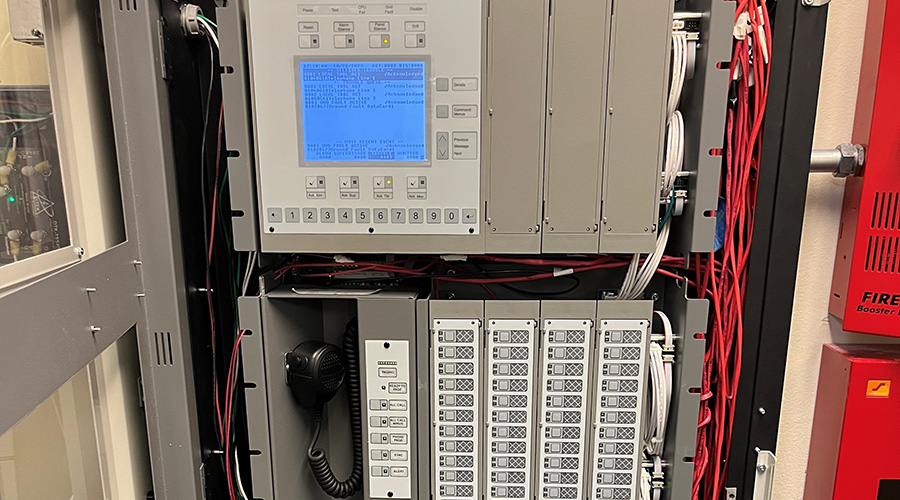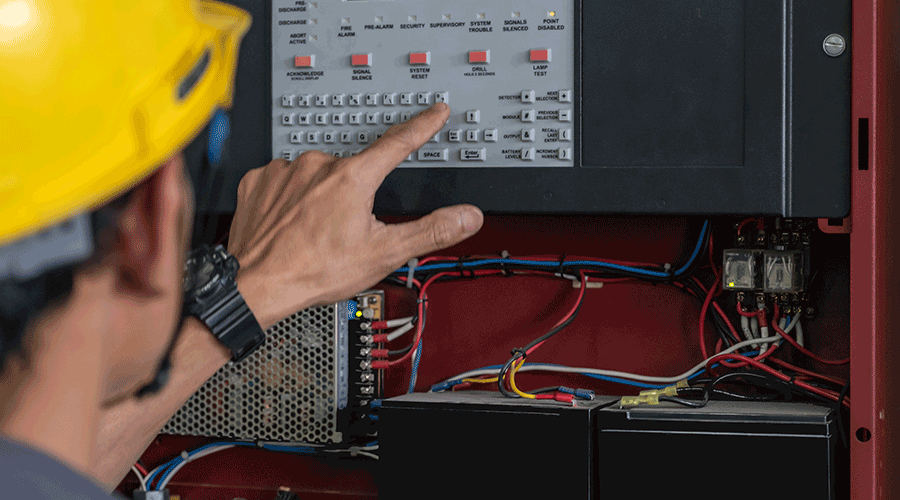Fire Safety In Buildings: Drills, Prevention Strategies Are Essential
Even as sprinkler systems and other fire fighting technologies have become more sophisticated, fire drills remain an important tool in helping building occupants know what to do in an emergency. True, they interrupt everyone's day. However, drills also let occupants know what the alarm sounds like and the process involved in evacuating, Solomon says. An individual may be surprised to find, for instance, how winded he or she becomes walking from the 40th floor to the first because the elevators aren't usable. The goal is to give everyone an appreciation for the actions required in an emergency, he adds.
The frequency with which the drills should be conducted will vary with the types of tenants, Solomon says. In buildings with largely stable tenant populations, once a year may be enough. If tenants frequently turn over, it may make sense to hold drills every four to six months.
While the drill is underway, you want to observe whether individuals are following instructions, Jelenewicz says. If not, does that mean the plan should be tweaked?
Fire Prevention Strategies
Along with knowing the steps to take in an emergency, facility managers have an important role to play in reducing the risk that an emergency occurs in the first place. Proper housekeeping and maintenance are one place to start. Emergency systems should be regularly inspected, tested, and maintained. Potential fire hazards such as storage rooms containing paper products should be regularly inspected and cleaned, Solomon says. Unneeded materials should be properly disposed of.
The facility department also can voice its thoughts when it's necessary to develop policies governing the use of personal appliances, like microwave ovens, coffeemakers or even candles, Solomon adds. While these may not fall under a specific code provision, they can represent hazards. If they're allowed, occupants should be reminded to exercise vigilance in their use, and know that if they're misused, the privilege may be rescinded.
Facility managers with some properties, such as shopping malls, should recognize when they shift from retail property to assembly occupancy. That can occur when a celebrity makes a promotional appearance or even on heavy sales days, such as Black Friday. Before this occurs, you want to have crowd management policies in place.
Gibson suggests using "hot work permits" as a sort of checklist to ensure that safety equipment is in good working order within an area. Hot work permits typically are obtained when an employee or contractor will be performing welding, plumbing or other types of work that result in an open flame. The permits usually include a list of safety precautions that have to be followed. For instance, one for the state of Minnesota says that "if hot work operations are to be conducted in a building protected by automatic sprinklers, it should be verified that the sprinkler system is in-service prior to conducting any hot work operations."
While such a check is particularly important when workers will be using open flames, it can be valuable at any time. "The permit has a structured list of safety precautions," Gibson says. Checking that these precautions are in place can make a facility safer no matter what work is underway.
As important as technology is during an emergency, human behavior can be even more critical. Solid policies and regular practice can help occupants act in ways that enhance — rather than detract from — safety.
"Every emergency has a human factor," Gibson says, "and it's a significant factor in whether it turns out well or poorly."
Karen Kroll, a contributing editor for Building Operating Management, is a freelance writer who has written extensively about real estate and facility issues.
Related Topics:















